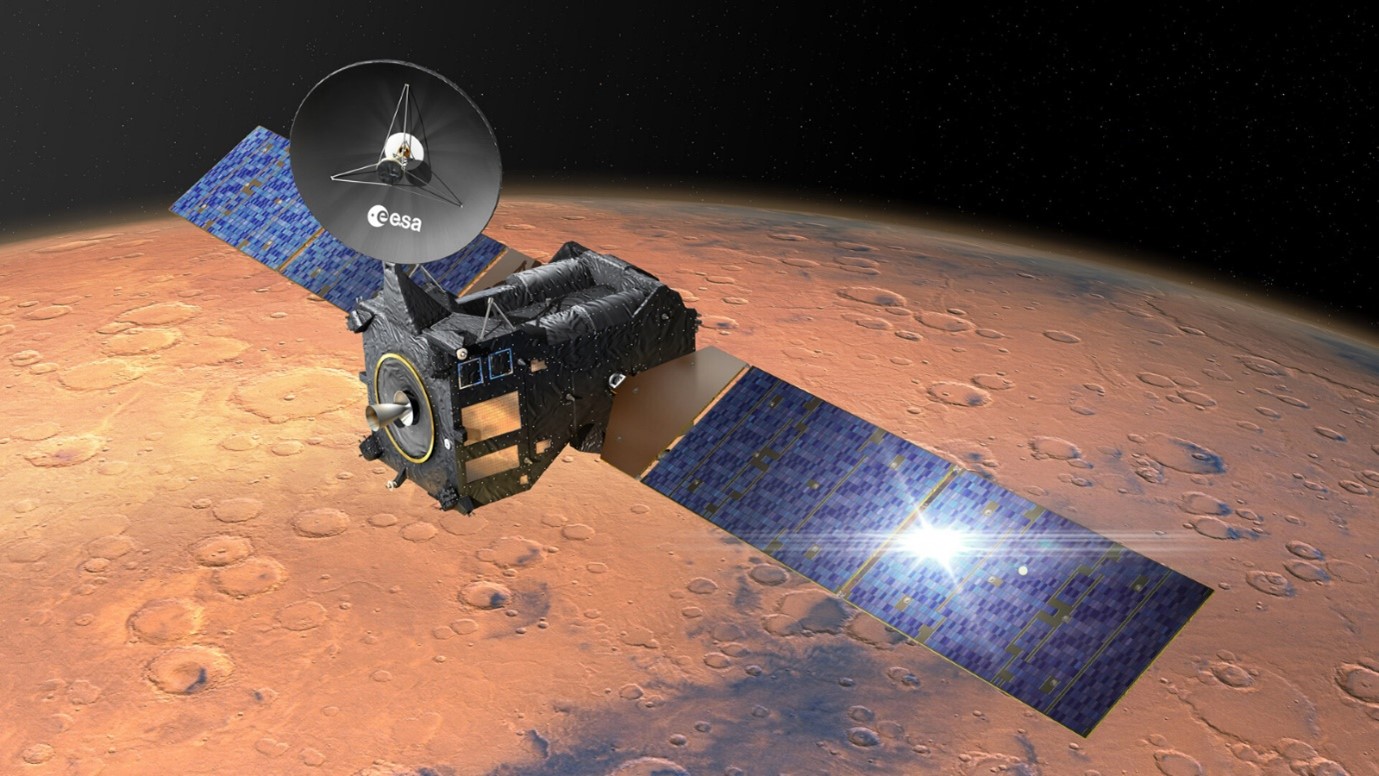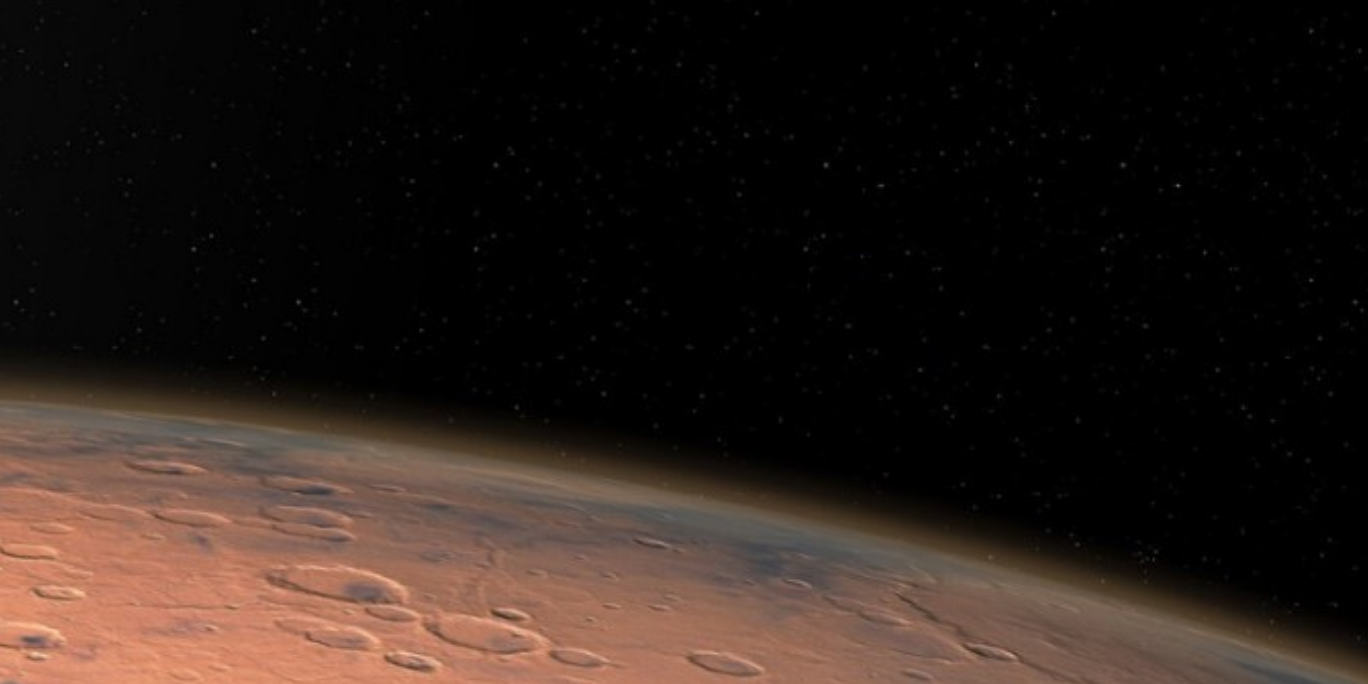Planetary Science
Our Research
Planetary Science research in EOPS is focused on better understanding the habitability and potential for life (past or present) on other planets and moons, and in ’extreme’ analogous environments on Earth.
A common research theme, and a strength of the EOPS research group, is in mechanochemistry – chemistry driven by the mechanical breakage of strong mineral bonds (e.g. through wind abrasion, glacier erosion, or geological faulting) to form mineral surface free radicals that can drive novel reactions that would otherwise not take place. A commonplace example of a mechanochemical reaction is when an otherwise unreactive flint is struck against another flint – the resulting free radical reactions release enough energy to generate sparks and combine gases in the atmosphere. Our group is investigating the role of mechanochemical reactions in driving chemistry in a variety of environments where mineral crushing takes place; from the cold, dry surface of Mars, to deep, hot subsurface fracture on Earth where life may have first evolved.
Current researchers:
Dr Jon Telling is currently focused on better understanding:
- The reactivity of Martian regolith, linked to the ongoing ExoMars Trace Gas Orbiter and future planned Rosalind Franklin rover missions ESA - ExoMars
- The biogeochemistry of extreme environments on Earth, including the cold, dark habitats under glaciers and ice sheets
- Prebiotic chemistry associated with hot, subsurface faults and fractures.
For opportunities (including MRes opportunities) in Planetary Science please contact Dr Jon Telling
Example projects:
CERBERUS – Cataclastic hydrogEn and oxidant pRoduction in the deep BiosphERe: Uncovering the ancient role of microbial antioxidant enzymeS. NERC standard grant, 2022-2025. CERBERUS is investigating the role of crushed mineral-water reactions in driving novel chemical reactions in hot subsurface fractures.
ABRADE – 'The impact of aeolian abrasion on the transformation of organic matter and detectability by the ExoMars 2020 MOMA instrument (ABRADE)', UK Space Agency, 2018-2022. The ABRADE project has been investigating the role of wind driven mineral abrasion in generating oxidants to alter and destroy organic molecules in Martian regolith.

